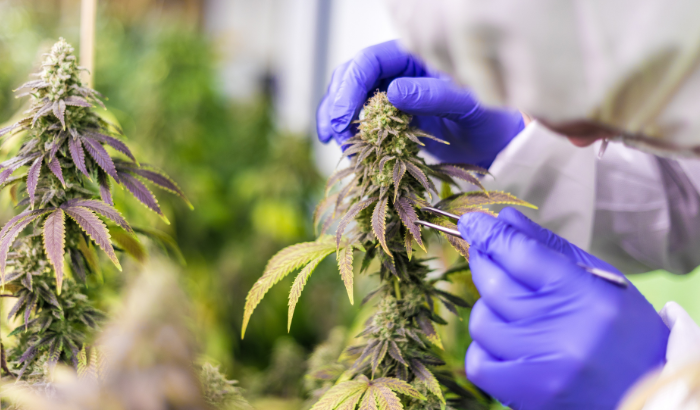
“[T]he Legislature did not thoroughly investigate the available scientific and medical evidence concerning marihuana when enacting and revising the law”
On March 11, 1967, some would-be cannabis dealers got busted at Logan Airport by the old Boston Vice Squad after one of them “presented a claims check for a trunk at an airline baggage terminal.”
“The trunk contained fifty pounds of sand and five pounds of marihuana,” according to the casetext.com summary of the resulting 1969 Supreme Judicial Court of Massachusetts case, Commonwealth v. Leis.
The summary continues, “There were complaints against the defendants for unlawfully having in their possession a certain narcotic drug, marihuana, and for conspiracy to violate the Narcotic Drugs Law. They were found guilty in the District Court and appeals were filed in the Superior Court. In addition the defendants were indicted for illegal possession of marihuana with intent to sell it unlawfully.”
The defendants were then represented before the top judges in the Bay State by a legal team that included a young Harvey Silverglate. The future criminal defense and civil liberties icon sought to get the charges dropped using an innovative strategy: trying to convince the SJC that the Narcotic Drugs Law of Massachusetts was “arbitrary and irrational” because:
a) “the Legislature did not thoroughly investigate the available scientific and medical evidence concerning marihuana when enacting and revising the law,”
b) “it serves no legitimate State interest because there is no evidence that marihuana endangers the health, safety, welfare or morals of the community,
c) “the right to smoke marihuana is guaranteed by the Constitutions of the Commonwealth and of the United States and must be balanced against the interests of the State in prohibiting its use,” and
d) the State “has singled out for prohibition and punishment possessors of and possessors of with intent to sell, marihuana, while the laws permit the regulated use, sale and possession of substances far more harmful than marihuana.”
The defense added several additional arguments—including appeals to rights enshrined in the Constitutions of both Massachusetts and the United States—but it was to no avail. The SJC upheld the convictions of the lower courts and rational cannabis policy would have to wait decades to prevail in the Commonwealth.


























